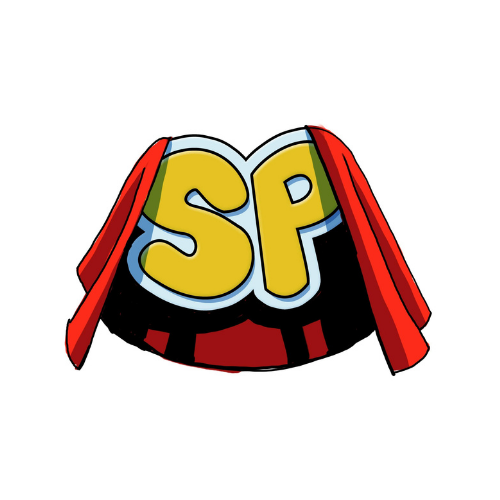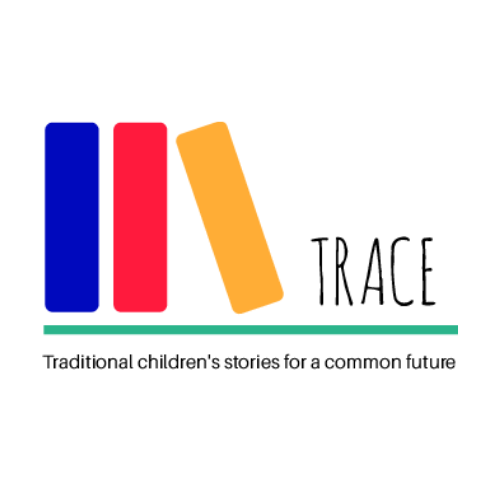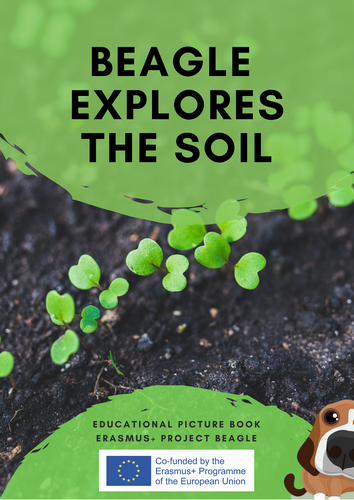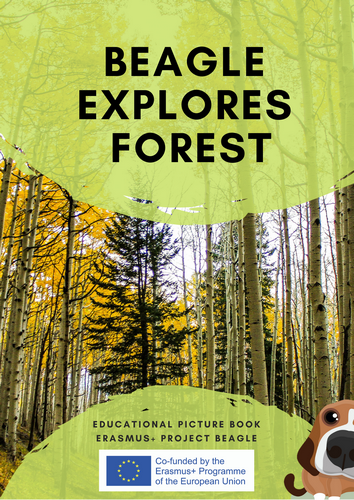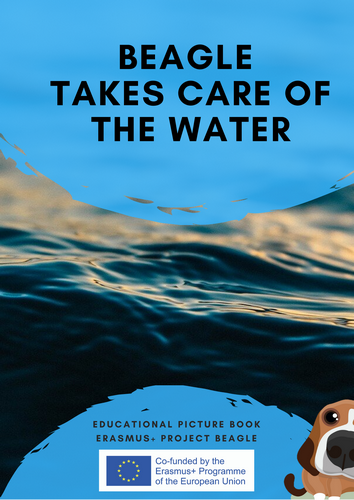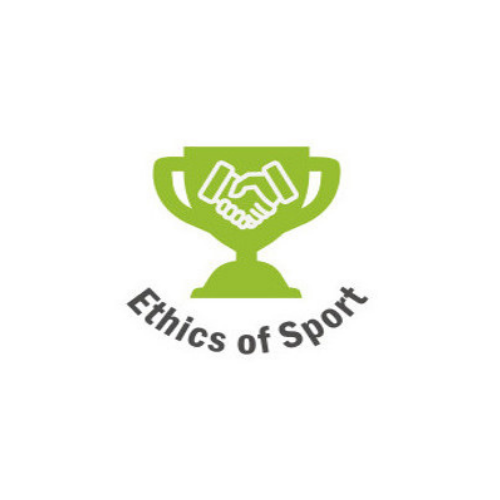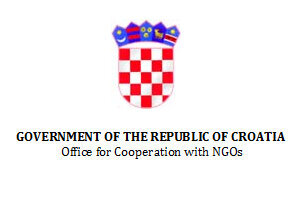ELVE – Environmental Learning based on Values Education from Early Childhood
Duration: 01/11/2020 – 31/12/2022
Everybody should be conscious of the damage we are causing to our planet: what happens in one part of it is affecting the entire world. Today’s serious problems can be reduced or solved by starting early education in sustainability and environmental issues. In this context the teaching staff is directly responsible for our childrens‘ education.
Aiming at lifelong prosperity, environmental education helps students understand how their decisions and actions affect the environment, builds knowledge and skills necessary to address complex environmental issues, as well as ways we can take action to preserve our environment for future generations.
The ELVE project is focused on early childhood, because learning begins even before the child walks through the classroom door. Early childhood upbringing and education are the basis of lifelong learning.
PROJECT COORDINATOR:
PARTNERS:
Asociación Mundial de Educadores Infantiles - AMEI-WAECE (Spain)
Association “Petit philosophy” (Croatia)
GOALS:
Implement a transnational curriculum for ECEC and primary education teachers;
Design innovative open educational resources (OER) that develop and promote innovative learning approaches for ECEC and primary school teachers;
Develop a handbook for ECEC and primary school teachers explaining clearly the proposed model of environmental learning based on values education;
Create an innovative knowledge hub for informing aimed at increasing the awareness on the importance of environmental sustainability and social values
Promote the development of the ELVE network to increase the project outreach and raise the awareness of using environmentally and inclusive approaches in kindergarten and primary schools supporting the achievement of the Sustainable Development Goals (SDG).
MAIN ACTIVITIES:
Creation and development of curricula for education and training for ECCE
Creation of the manual “Environmental learning model based on values education”
Development of an online platform and educational multimedia tools
Development of implementation guidelines for ECCE
Development and strengthening of a network of teachers and educators for ECCE
TARGET GROUPS:
Kindergarten and primary school teachers
Pedagogues
Secondary target groups are children aged 3-11, schools and other educational institutions, organizations and associations of experts, experts in the field of environmental education
Decision-makers at the regional/national level
General public
TOTAL VALUE OF THE PROJECT:
225.960,00 € (funded by the Erasmus+ K2, Germany Agency for mobility)
CONTACT:
Marija Kragić (marijakragic1@gmail.com)




